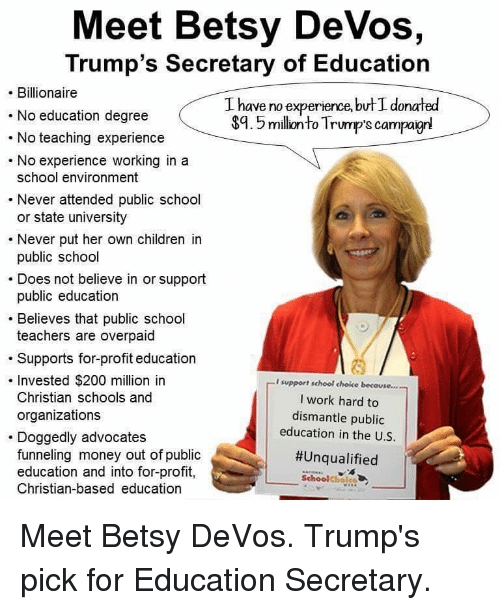Ray From Cleveland
Diamond Member
- Aug 16, 2015
- 97,215
- 37,449
- 2,290
- Thread starter
- #41
Instead of those slimy cuts to a very small SNAP food budget, which enormously help the poor and struggling people, lets concentrate on saving at LEAST $100 billion in cutting useless programs completely that have no useful reason to exist.
Example from CAWG:
Introduction
The United States is heading toward a fiscal reckoning. An August 21, 2019 Congressional Budget Office (CBO) report projected a deficit of $960 billion for fiscal year (FY) 2019 and average annual deficits of $1.2 trillion between FYs 2020 and 2029. According to CBO Director Phillip Swagel, “the nation’s fiscal outlook is challenging. Federal debt, which is already high by historical standards, is on an unsustainable course, projected to rise even higher after 2029 because of the aging of the population, growth in per capita spending on health care, and rising interest costs.”
The two-year budget deal signed by President Trump on August 2, 2019 will contribute to the nation’s fiscal morass. It increases military and non-military spending by $320 billion above the budget caps imposed by the Budget Control Act of 2011 and will pile on an estimated $1.7 trillion to the national debt over the next 10 years.
To help prevent this fiscal disaster from occurring, Citizens Against Government Waste (CAGW) is releasing Prime Cuts 2019, which has been published since 1993. The 2019 version contains 620 recommendations that would save taxpayers $433.8 billion in the first year and $3.9 trillion over five years.
Prime Cuts 2019 addresses every area of government spending. For example, the report proposes eliminating the Market Access Program (MAP), which aims to help agricultural producers promote U.S. products overseas. However, MAP is a corporate welfare program that funnels millions of dollars to large, profitable corporations and trade associations that can well afford to pay for their own ads. Eliminating MAP would save taxpayers $870 million over five years.
Numerous cuts can be made at the Pentagon without jeopardizing national security, including eliminating congressional add-ons for the F-35 Joint Strike Fighter program. The F-35 is $195 billion over budget, eight years behind schedule, and on pace to become the most expensive weapon system in history, with an estimated lifetime cost of $1.2 trillion for operation and maintenance.
The recommendations also include long-standing proposals to eliminate the sugar, dairy, and peanut programs; reduce Medicare improper payments by 50 percent; and, increase the use of software asset management tools.
By following the blueprint provided by CAGW’s Prime Cuts 2019, wasteful government spending can be reined in and the nation can begin to chart a path toward fiscal sanity. Prime Cuts 2019 is essential reading for taxpayers, the media, and legislators alike.
I. AGRICULTURE
Eliminate the Rural Utilities Service
1-Year Savings: $8.4 billion
5-Year Savings: $42.1 billion
The Rural Electrification Administration (REA) was established in 1935 to bring electricity to America’s rural communities. By 1981, 98.7 percent electrification and 95 percent telephone service coverage was achieved. Rather than declaring victory and shutting down the REA, the agency was transformed into the Rural Utilities Service (RUS) in 1994 and then expanded to provide loans and grants for other purposes including telephone service to underserved areas of the country. That mission was further expanded under the 2002 Farm Bill to provide broadband services to unserved or underserved rural areas, which are generally defined as communities with populations of less than 20,000. These services are provided in part through the Rural Broadband Access Loan and Loan Guarantee Program (BAP).
Some of the BAP’s wasteful projects include the $667,120 given to Buford Communications of LaGrange, Arkansas, (population 122) in 2009 to build a hybrid fiber coaxial network and a new community center. This equates to $5,468 per resident of LaGrange.
Another RUS program rife with waste is the Water and Waste Disposal System Loans and Grants Program (WWD), which was intended to improve quality of life and create jobs in rural communities. According to a July 2012 Department of Agriculture (USDA) Inspector General (IG) report, “as of September 30, 2011, RUS had obligated $3.3 billion in grants and loans to fund 854 WWD projects throughout the United States.” Only three of the 22 projects examined by the IG were completed on time, and the majority of the projects were started five to 30 months after the funds were obligated. The RUS created only 415 new jobs through the WWD, which is “less than 20 percent of the actual jobs identified in planning estimates.”
CAGW’s 2019 Congressional Pig Book identified a $10 million earmark for high energy cost grants within the RUS.
The time has come to unplug and dispose of the RUS.
LINK
red bolding mine
============
Some people seem to enjoy beating down the poor and needy people, while ignoring massive waste of taxpayers money that doesn't help anyone but the super rich.
The point of this topic is cuts. No matter what you cut, somebody is going to complain about it which is why politicians seldom address cutting anything. If we cut SNAP's, then the left will bitch. If we cut military spending, the right will bitch. If we cut agriculture subsides, farmers and many consumers will bitch.
I think Dr Walter E Williams put it best when he said this:
"I'm going to run for Congress. My platform will be I will bring no money back to my state. I will vote down all unnecessary spending. Would you vote for me?"
So is the deficit the fault of Congress, the President, or we the people?


